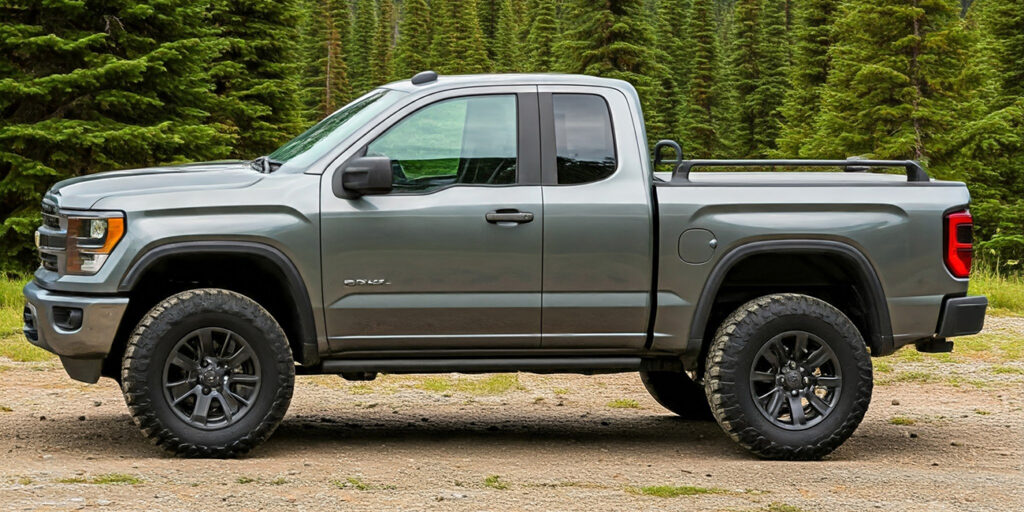If you’ve got a pickup or any vehicle with an open cargo bed, you’ve probably come across a tonneau cover. But why is it even called a “tonneau”? Strange word, isn’t it? To fully understand this, you’d need to look back into the history of cars, carriages, and even some French roots.
The History of the Word “Tonneau”
Where It All Began
The term “tonneau” comes from the French language, meaning “barrel” or “cask”. Back in the early 1900s, automobiles were still a new thing, and they had exposed rear passenger areas, often shaped like barrels. These open-back vehicles usually featured a rounded area that reminded folks of a wine or water barrel, which in French, is a “tonneau.” That’s where the name stuck.
Early Use in Cars
Back in the early automobile days, many cars had open rear seats, often covered with a removable cover to keep passengers protected from dust, rain, or mud. This cover over the back seat area became known as a tonneau cover, and it stuck, even as designs evolved. You might notice that most early tonneau covers were not for carrying cargo but for protecting passengers. This meaning transformed over time to refer to covers for the truck bed we know today.
The Functionality of Tonneau Covers Today
From Passenger Covers to Truck Bed Protection
As vehicles developed, so did the need for cargo security. When trucks gained popularity, the tonneau cover became a way to shield and protect whatever’s in the bed, rather than passengers. So, while the original use was for covering people, the modern use shifted to cover goods. With the shift from cars to trucks, tonneau covers now keep your stuff hidden and safe from the elements. They also offer aerodynamic benefits, saving fuel by reducing wind drag over an open bed.
Why the Name Stuck Around
Old Terminology, New Purposes
Even though cars and trucks have changed a lot since the 1900s, the word tonneau has stayed. People got used to the name, and it quickly became the standard term. Even with the shift from covering rear seats to covering cargo in trucks, the name never changed. Now, tonneau covers are an expected accessory on most trucks and are seen as a normal feature by many truck owners.
Not Just for Trucks
It’s worth noting that tonneau covers aren’t exclusive to pickup trucks. You might see tonneau covers on convertibles too, where they help shield the convertible top when it’s down. Some sports cars use tonneau covers to shield the interior from dust and grime.
Final Thoughts on the Name “Tonneau”
The name “tonneau” might sound unusual, but it holds a piece of history. With roots tracing back to the open-air cars of the early 20th century and even earlier horse-drawn carriages, it reflects how vehicle accessories evolved alongside vehicles themselves. Nowadays, tonneau covers remain a useful truck accessory, whether for protecting your stuff, adding security, or simply improving your truck’s look.

